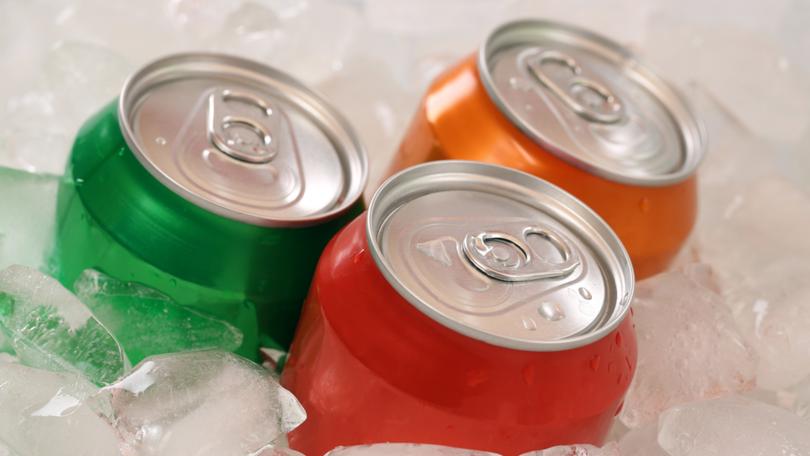Doctors issue urgent warning over cancer-causing energy drink ingredient taurine
An urgent warning has been issued over a common ingredient in popular energy drinks that may be linked to the rapid spread of cancer.

A common energy drink ingredient could be leading blood cancer cells to grow and multiply, according to a new study by researchers in New York.
The study, published in the journal Nature, found that taurine, a naturally occurring amino acid found in drinks like Red Bull and Celsius, may act as a fuel source for leukaemia cells, making the disease more aggressive.
Researchers from the University of Rochester warned consumers to be cautious, especially as taurine is commonly used in energy drinks and dietary supplements.
Sign up to The Nightly's newsletters.
Get the first look at the digital newspaper, curated daily stories and breaking headlines delivered to your inbox.
By continuing you agree to our Terms and Privacy Policy.Although taurine is produced naturally in the body and is sometimes recommended to cancer patients for reducing inflammation or easing chemotherapy side effects, the findings suggest that excess taurine could have the opposite effect.
The study states, “Since taurine is a common ingredient in energy drinks... our work suggests that it may be of interest to carefully consider the risks and benefits of supplemental taurine in leukaemia patients,”.
The research team discovered that leukaemia cells feed on taurine through a process called glycolysis, in which cells break down sugar to produce energy.
This process helps cancer cells multiply more rapidly, worsening the disease.
The findings emerged after experiments using mice with the SLC6A6 gene, which transports taurine, and samples of human leukaemia cells.
The gene appeared to move taurine from bone marrow, where leukemia forms, into cancer cells. This is believed to be the first time taurine has been shown to exacerbate leukaemia in the bone marrow.
Lead researcher Dr Jeevisha Bajaj, from the Wilmot Cancer Institute, said the results were early but promising. “Our current data suggest that it would be helpful to develop stable and effective ways to block taurine from entering leukaemia cells,” she said.
The study also raises questions about taurine’s role in other cancers.
Separate research is investigating taurine’s potential link to colorectal cancer, which has seen rising rates in young adults.
In a clinical trial underway at the University of Florida, researchers are recruiting participants aged 18 to 40 to drink at least one Red Bull or Celsius per day.
They’ll compare participants’ gut bacteria to a control group to examine whether taurine increases levels of hydrogen sulphide-metabolising bacteria, which are often found in colon cancer cases.
While taurine is generally considered safe in small amounts, higher doses have been linked to gastrointestinal issues, dizziness, and other side effects.
The authors urged further investigation, particularly as taurine supplements continue to be promoted in some cancer treatment plans.
